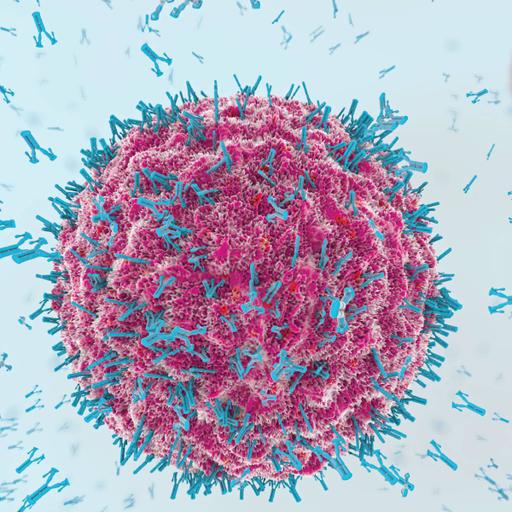Immunology
Presentations | English
Immunology is the department of medicine or biology that studies the immune system of organisms. The immune system furnishes a map, usefulness, and relevance of the physiological function of the immune system in health and disease. Immunotherapy also delivers information on the physical, chemical and biological properties of the components of the immune system (e.g., autoimmune diseases, immune deficiency and organ transplant surgery). Immunotherapy is significant in many medical fields, including gynaecology, rheumatology, virology, bacteriology, parasitology, psychiatry and dermatology. The term was first coined by the Russian biologist Ilya Ilyich Magnikov. He studied immunology and was awarded the Nobel Prize in 1908. Small vertebrates were delivered to starfish larvae, and abnormal cells were found around the vertebrates. The active response to trying to maintain the integrity of the body. Manigo first observed this phenomenon of phagocytosis, in which the body defends itself against a foreign object. The primary lymphoid organs of the immune system are the thymus, bone marrow, spleen, tonsils, lymph vessels, lymph nodes, adenoids and liver. If the circumstance worsens, parts of the immune system, such as the thymus, spleen, bone marrow, lymph nodes, and other lymph nodes, may be surgically removed while the patient is still alive.

Free
PPTX (82 Slides)
Immunology
Presentations | English
